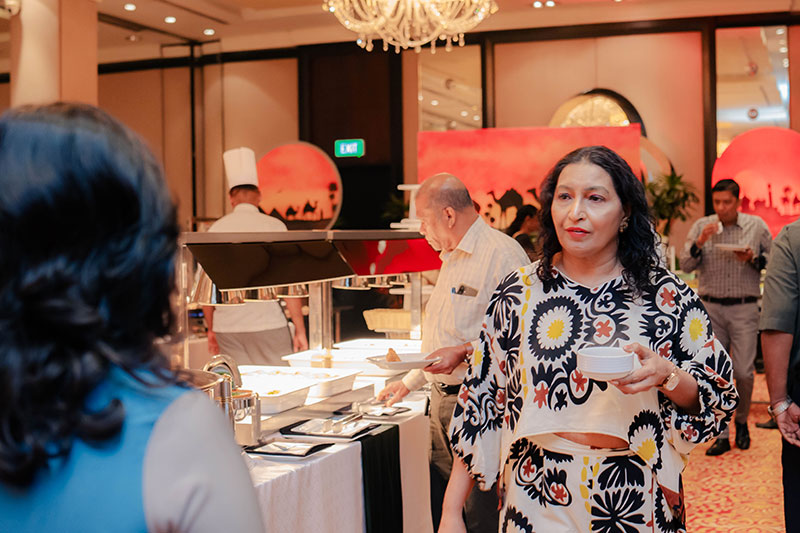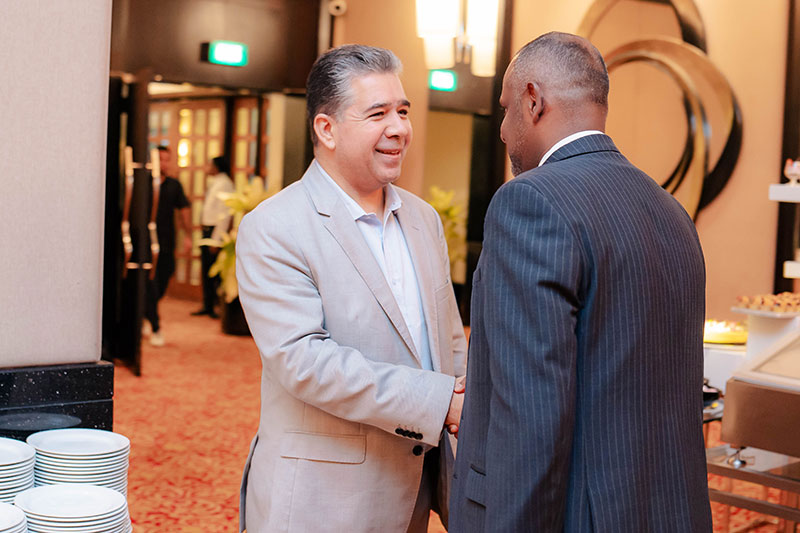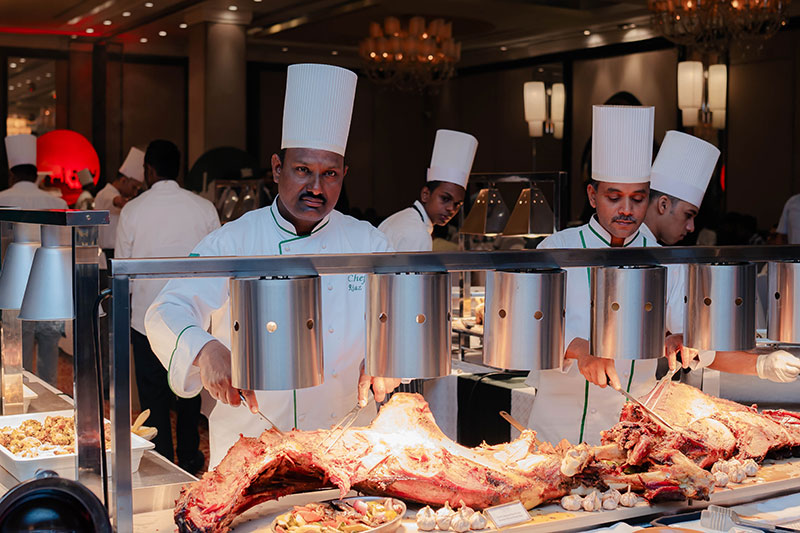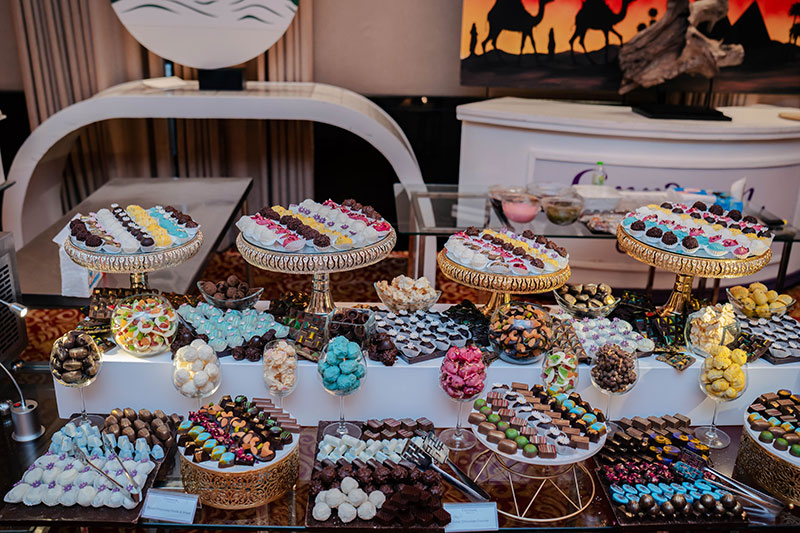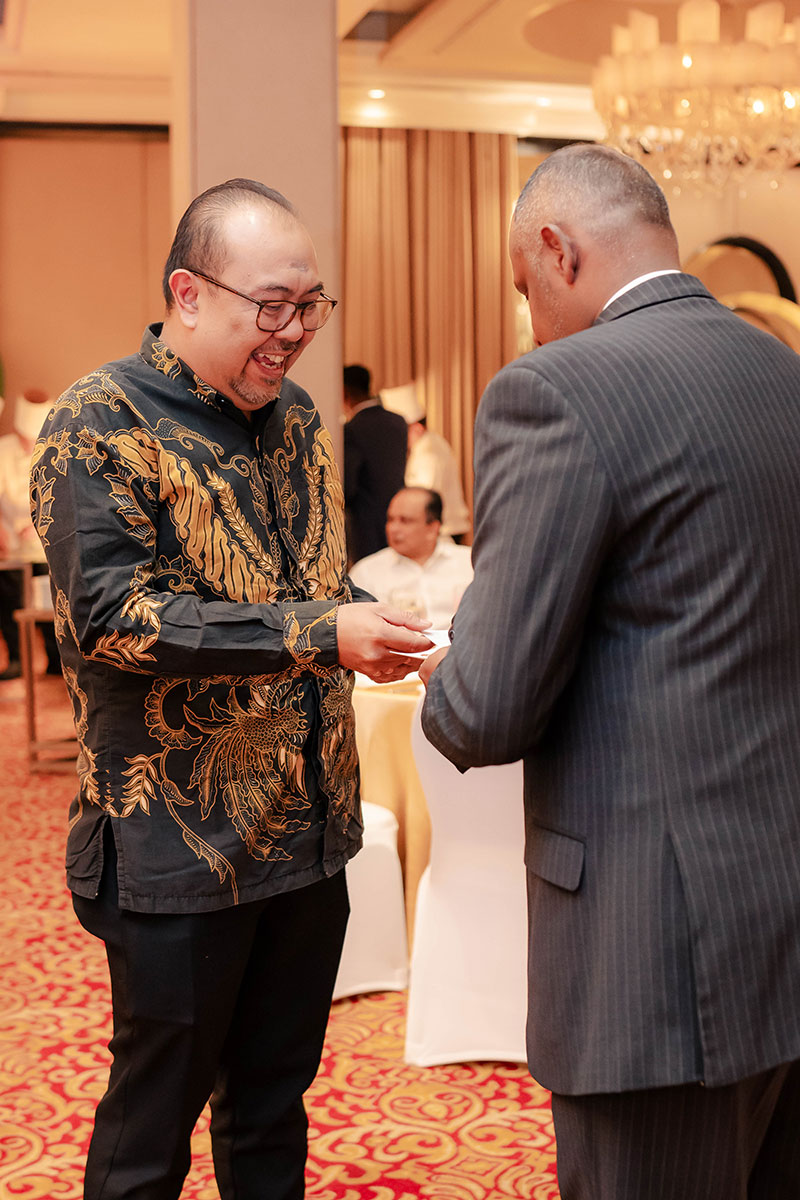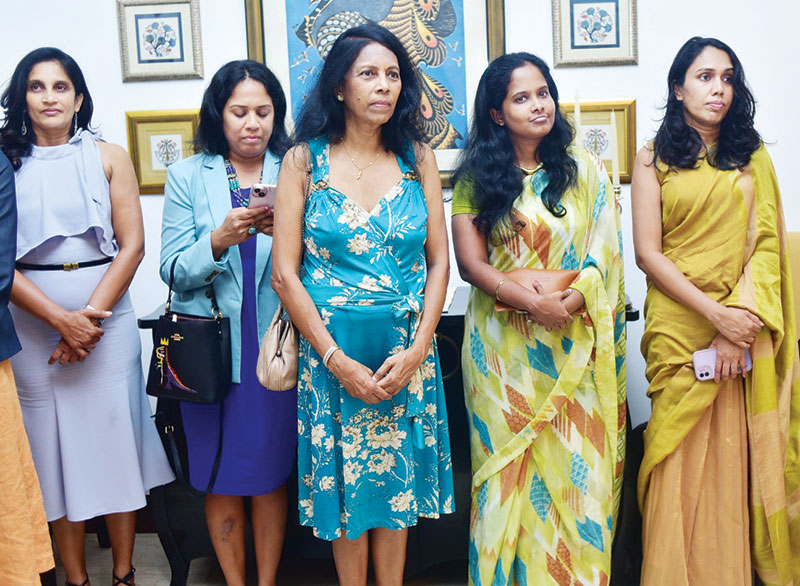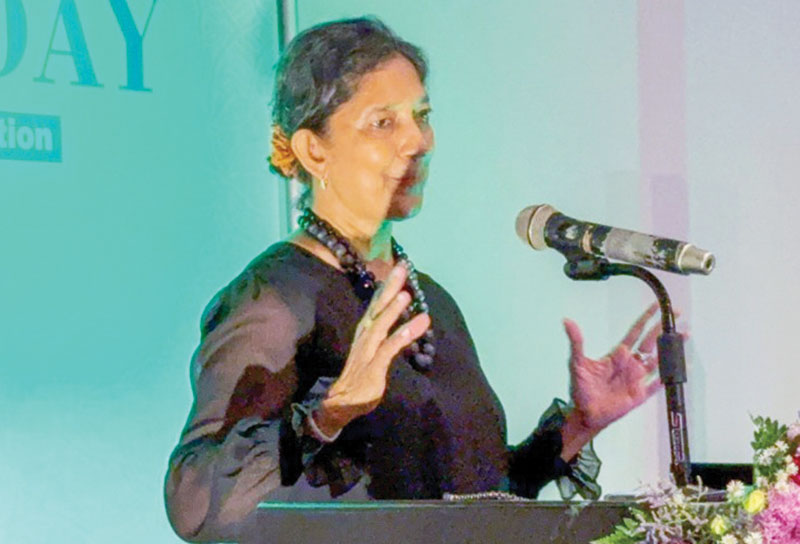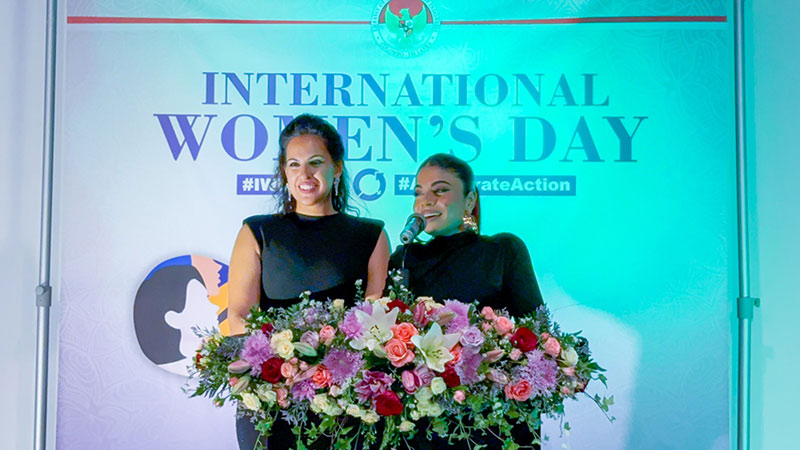Life style
Muslims have oppressive traditions, but there is extraordinary love, support and connection

Yasmin Azad was among the first cohort of Muslim girls to go to University, especially to live in a residential setting away from home, which in this case was the University of Ceylon at Peradeniya.Swas born and grew up in the Galle Fort and studied at Sacred Heart Convent till grade 10. She took Advanced Level exams while at St. Bridget’s convent, Colombo. After graduating with a degree in English, and a brief stint as a lecturer at Vidyalankara University, she left for the United States in her mid-twenties. There, she switched my field of study to counseling psychology and worked for many years as a mental health counselor.
By Zanita Careem
Your book was a reflection of your life Is it correct What do you think makes your book connect with the readers
Tolstoy is supposed to have said that there are only two kinds of stories: a person takes a journey or a stranger comes to town. And mine is a story of a person going away, both physically away from my home and also metaphorically away from some of the cultural norms that I was born to, especially as they related to a woman’s place in the world. So if you go beyond the particular details of my story, it deals with this universal theme, and I hope readers can connect with that. Perhaps some of them will ask those same questions: how much of the traditions that shaped my childhood do I want to keep and what do I want to give up so I can have a life more in keeping with who I am?
You talk through your own experience what made you to get through this route
I did consider writing fiction, a novel, but I thought that the book would have greater impact if people saw that the story was real, and therefore the issues it brings up very important. Also, I wanted to capture for my community, especially the younger generations, a portrait of a time gone by—a historical record as it were.
The book was certainly a reflection of your life Have you ever had the second thought of bringing your personal life for the second time
Yes, I absolutely struggled with the question of how much of the personal history, especially as it relates to my father, I should put out into the world. But, as I said earlier I thought it important that the reader know it was a  true story. I waited till almost all of that generation, were no longer living so that they would not be directly impacted. And also, I did my best to portray the people involved with understanding and compassion. Many, many readers have told me that the impression they have of my father is that of a very generous and loving person, who, like all human beings, had his failings. Failings which we all have, one way or another. Had I portrayed saintly people, no one would have believed me, and in addition, it would have made for very dull reading.
true story. I waited till almost all of that generation, were no longer living so that they would not be directly impacted. And also, I did my best to portray the people involved with understanding and compassion. Many, many readers have told me that the impression they have of my father is that of a very generous and loving person, who, like all human beings, had his failings. Failings which we all have, one way or another. Had I portrayed saintly people, no one would have believed me, and in addition, it would have made for very dull reading.
What is the message you want to convey through this book
One of the things I hope the reader will understand is that Muslim societies are more diverse and complex than the stereotypical portraits that are tossed around. Yes, there are some very oppressive traditions, but there is also extraordinary love, support and connection. At a most fundamental level, loving families are the same everywhere; parents will often bend the rules for the sake of the children they love.
What motivated you to write on this subject
This is connected to your previous question and I will respond to both at length. Some years after I had started working as a mental health counselor, I began to see that many people here in the USA lived isolated lives without family or community. The cost of that can be very high. Individuals who struggle with mental health and other social issues, do better when they have support from people they are connected to. That made me look back on the close-knit Muslim community that I had left behind in the Galle Fort, in Sri Lanka. I began to appreciate as I had not done before, the network of supports from the extended family that is part of our way of life. I believe that while there are things that need to change, especially as it relates to women, there are also some very valuable traditions that should be preserved. I want people to see that. I wanted to portray Muslim society in all its complexity.
Apart from writing what else are your other interests
Like most writers, I read, I am also an avid gardener and of course I love to spend time with family and friends.
Was being an author always in your bucket
I was a book loving child and dreamt of writing a book myself from the time I was very young.
What were the hurdles you faced when writing the book
As I said before, I really struggled with the question of how much to reveal about my family, and whether what I was doing in writing such a book at all, was the right thing to do.
But beyond that, like many writer’s. I experienced self-doubt— that inner critic that tells you the writing is not good enough, the book isn’t worthy of being published, etc. I took classes on the art and craft of writing to try to overcome this.
What values did the book create to outside world; what are the best takeaways for the reader
As most people know, much has changed among Muslims in the last few decades. There has been an unfortunate resurgence of fundamentalism and large sections of the population have turned inwards, separating themselves from people and customs which they perceive as not Islamic.—visibly presenting themselves as being different. This is not how what it was when I was growing up. We were a much more liberal and tolerant society and I have always wanted to know why this change took place. I am well aware that international and local political movements have contributed to this situation, but I have also wondered whether this turning inwards has its roots in some inner dynamics: whether it is also the reaction of a traditional society feeling threatened by the forces of modernity—the changes that come about when women get educated and become economically independent. In recent times, there has been a significant increase in the divorce rate, and just anecdotally, I’ve seen that women just don’t have the time anymore to maintain the strong extended family ties that used to be our way of life: for example, the very frequent interactions people used to have with visits, communal gatherings, etc. And that can understandably seem very threatening to a bedrock principle of Muslim culture which is the maintaining of kinship ties I recall an elderly lady telling me that these days, the only relatives children really know are their first cousins! So the takeaway for the reader that I hope for, is that he or she will see this issue of fundamentalism as not just about rigidity and regression. It could also be about the tension that arises when a conservative community, while adjusting to the modern world, also struggles to preserve what they rightly value in their own way of life.
What chapter do you like most in the book
It’s the chapter where I write about how my mother (who was taken out of school after the third grade) collects the pieces of newspaper that came to the house in the form of wrapping paper, so that she would have something to read. Sometimes the stories were torn right in the middle of the most interesting part and she would wait to see if the missing section would come later. She said it never did. I think of that as a symbol of the experience of Muslim women whose prospects were severely limited.
Any more writings in the future
I have some essays I want to write about, on topics such as mental health, relationships, etc. I will be working on them for a while before they are ready.
The book is available at: Sarasavi, Barefoot, Urban Island @ Dharmapala Mawatha, Exprographics @ Battaramulla, Pendi@ Lakpahana, Kalaya at Battaramulla, Jam Fruit Tree Bookshop at Colpetty, Cargills Majestic City, Milk @ Horton Place, Rohan at Liberty Plaza, Online at daraz, books.lk, scribit, booksie.lk, Perera Hussein.com
Life style
Celebration of unity and tradition at Iftar dinner
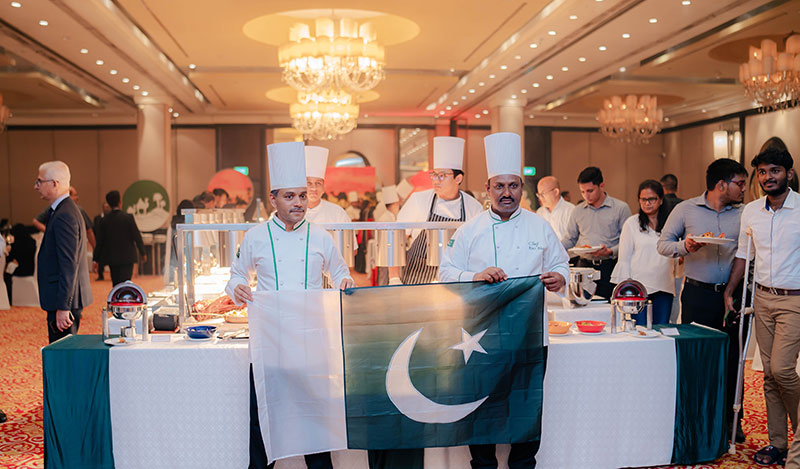
In a grand celebration of unity and tradition, Cinnamon Lakeside Colombo hosted an exclusive and elegant Iftar dinner at the prestigious King’s Court. This remarkable evening, hosted by Nazoomi Azhar, General Manager of Cinnamon Lakeside Colombo, brought together a distinguished gathering of ambassadors, key figures, top corporate executives, and esteemed members of the media.
The event showcased a spectacular array of culinary delights, with a highlight being the masterpieces crafted by renowned Pakistani Chef Riaz Bhatti. His exquisite creations, alongside an extensive selection of traditional and contemporary delicacies of Pakistani dishes, left guests in awe of the lavish spread and exceptional flavors.
Among the standout dishes of the evening were the rich and aromatic Mutton Raghni Josh, the flavorful Mutton Shahi Qorma, and the perfectly spiced Peshawari Beef Chapli Kabab. Guests also delighted in the Lahori Chicken Tikka Boti and the indulgent Chicken Peshawari Karahi, which added a taste of authenticity to the menu. The Iftar spread was further complemented by traditional desserts such as Gulab Jamun, Shahi Tukda, and Ras Malai, providing a sweet ending to the feast.
The atmosphere was one of warmth and hospitality, reflecting the spirit of Ramadan while offering a truly memorable experience. Guests were highly impressed with the impeccable service and the thoughtfully curated menu, making this Iftar dinner a standout occasion in Colombo’s social calendar.
Cinnamon Lakeside Colombo, under the leadership of Nazoomi Azhar, continues to set the benchmark for luxury hospitality, delivering unforgettable experiences through its commitment to excellence.
Life style
Women -building blocks in shaping history of Turkiye
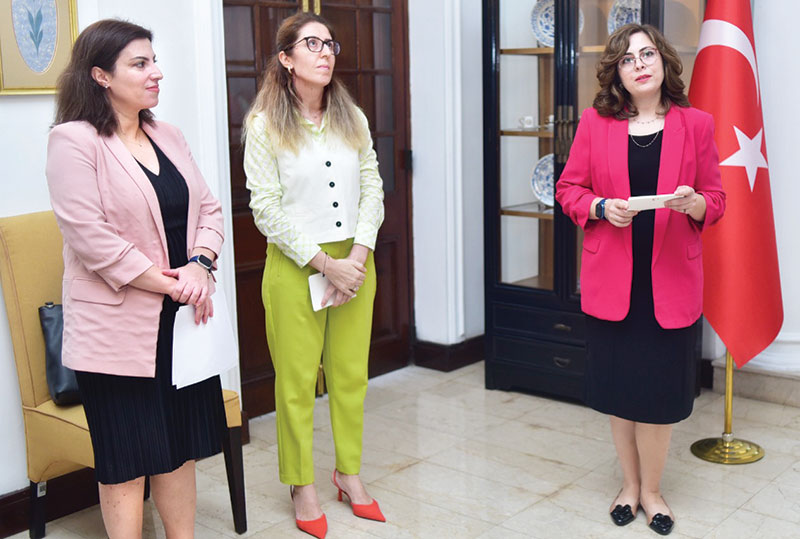
 In the Republic of Turkiye women have been one of the building blocks in shaping Turkiye for centuries. However, especially since the founding of the Republic, Turkiye has been one of the leading countries in the world, especially in terms of the political visibility of women. Women were given the right to vote long before women were given political rights in many democratic and modern countries.
In the Republic of Turkiye women have been one of the building blocks in shaping Turkiye for centuries. However, especially since the founding of the Republic, Turkiye has been one of the leading countries in the world, especially in terms of the political visibility of women. Women were given the right to vote long before women were given political rights in many democratic and modern countries.
Turkish women are known for their unwavering determination and resilience. They exhibit remarkable dedication and courage in pursuing their goals and challenge injustice. Their hard work and perseverence contribute to their advancement of society. These statements were expressed by the Deputy Chief of Mission of Turkiye M/S Merve Goozde Otlu at the residence of the Turkish Ambassador in Sri Lanka, on the occasion of the International Women’s Day.
This day is also important for Turkish women, who have played a vital role in shaping Turkish society, from the early days of our Republic to the present said the Deputy Chief of Mission. In her speech she also pointed out that the founder of the Republic, Mustafia Kemal Ataturk, has an important place in the hearts of all Turkish people, but his visionary leadership for women’s rights are especially precious for all women of Turkiye.
She explained “Ataturk strongly believed in women’s equality and emphasized that a modern and progressive society could only be achieved if women had equal opportunities as men’’
“Women were encouraged to participate in all areas of life, including education, work life and politics. One of the most remarkable steps Ataturk took was granting women the right to vote and as early as 1930, women were able to run for office at the local elections and in 1934 women were granted this right long before many other countries (One year after that, there were already 18 women MPs). When we look at Turkish history, we see countless inspiring women who have shaped our country, playing crucial roles achieving many milestones. These women have proved that Turkish women could achieve greatness in any field from science to business, from arts to sports, if given the opportunity, she remarked.
Turkish women have also made a significant contribution to diplomacy, a field often seen as male-dominated, she remarked.
For decades, Turkish women have been representing our country with strength and determination on the global stage. The first woman diplomat Mrs. Adile Ayda was recruited in 1932, while Ambassador Filiz Dinemen is the first woman Ambassador of Turkiye, assigned to the Hague in 1982.
Women representation has been increasing in the Ministry of Foreign Affairs, constituting almost 40% of the Ministry.
It is a personal honour for me to serve in a country like Sri Lanka, which gave the world the first female Prime Minister in history, Sirimavo Bandaranaike, she said with pride.
Her leadership showed that women can take on the highest responsibility and be a driving force not just for women but for the whole society.
The contribution of women in Turkiye in the field of Science and Technology is far reaching. She said in Turkiye, a prominent scientist who worked for NASA, whose research was instrumental in the legendary 1962 Apollo mission. She is Dihlhan Eryunt, was the recipient of the NASA Appolo Achievement Awards she said with pride.
The First Secretary, Imren Kaygisiz said Turkish women who have contributed to the development of the country and thier enduring impact on society who are still continuing to inspire strength,resilience and success of women
The Commercial Counsellor M/s Gamze Erc an also paid tribute to the founder of Modern Republic of Turkiye, Mustafa Kemal Ataturk who gave importance to education of Turkish women and leader believed that development of a nation depends on a strong education foundation.
The evening had all the trappings of glamour followed by high tea.
Life style
Sri Lanka showing strong commitment to gender equality
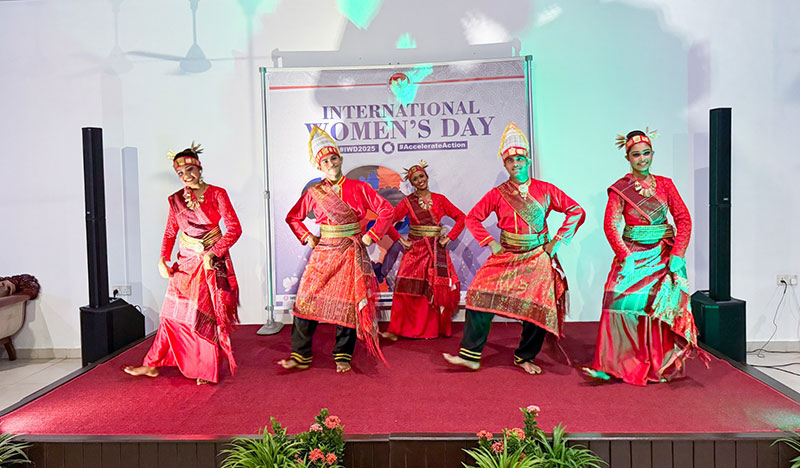
The Embassy of the Republic of Indonesia in sri Lanka hosted the International Women’s Day ceremony at thier residence.
Ambassador of Indonesia Dwi Gustina Tobing invited a large gathering of invitees including the Minister of Women and Child Affairs Saroja Savithri Paulraj who was the Chief Guest. CBL Group Managing Director Sheamalee Wickramasighe, popular musician Umaria Sinhawansa and Stephanie Siriwardena also addressed the gathering. The ambassador looking elegant was busy welcoming the guests at her residence.
An evening of camaraderie, glitz and glamour. The event featured an insightful session aimed to empower women, and served as a tribute to the commitment of women who has contributed immensely. The ambassador in her speech said by celebrating the achievements of women and amplifying their voices, we pave the way for a more inclusive and equitable society, where gender does not hinder opportunity but enriches collective experiences. Here is an excerpt from the ambassador’s speech.
A warm welcome to all of you. It is an honour to host this reception in commemoration of International Women’s Day 2025.
She said ” This year’s theme, “Accelerate Action”, is a powerful call to all of us. It underscores that equality cannot wait, and that all sectors of society must work together to speed up progress in women’s rights and empowerment.”
- CBL group managing director Sheamalee addressing the gathering
- Stephani and Umaria
Around the world, we have seen tremendous strides toward gender equality in politics, economics, and social spheres. Women are increasingly taking up leadership roles, contributing to economic growth, and shaping the future of our societies.
In Indonesia, we are proud of the progress we have made in advancing women’s participation. She said
She reiterated that 127 women were elected to parliament, making up 22.1% of the seats—the highest in our post-reform history. However, this is still below our target of 30%, which means there is room for improvement.
Our new cabinet includes 14 women, both as ministers and deputy ministers, demonstrating our commitment to gender-inclusive governance.
Beyond politics, women are the backbone of Indonesia’s economy. Micro, Small, and Medium Enterprises (MSMEs) contribute over 60% to the national GDP, and 64.5% of these businesses are managed by women.
Additionally, Indonesia ranks among the top four countries globally for female business leaders
She pointed out Sri Lanka, too, has made significant strides in women’s empowerment. When I met with Minister Saroja Savithri Paulraj last week, we discussed the progress Sri Lanka has made in increasing women’s representation in politics and the economy. From women entrepreneurs driving economic growth to initiatives supporting women in leadership, Sri Lanka is showing a strong commitment to gender equality.
Many countries have made progress in advancing women’s empowerment, yet, despite this progress, we must recognize that challenges remain. Women still face barriers to equal pay, leadership opportunities, financial inclusion, and social mobility. Gender-based violence, discrimination, and unequal access to resources continue to hinder the advancement of women in many parts of the world.
This is why collaboration is crucial. By sharing experiences, policies, and best practices, we can accelerate meaningful action to bridge the gender gap.
We must continue working together, fostering partnerships that empower women economically and socially. Indonesia is committed to strengthening collaboration with Sri Lanka and other nations to create more opportunities for women, recognizing their immense importance. Invitees were able to enjoy authentic Indonesian delicacies specially curated by the Ambassador herself.
By Zanita Careem
-

 News4 days ago
News4 days agoBid to include genocide allegation against Sri Lanka in Canada’s school curriculum thwarted
-

 Sports5 days ago
Sports5 days agoSri Lanka’s eternal search for the elusive all-rounder
-

 News6 days ago
News6 days agoGnanasara Thera urged to reveal masterminds behind Easter Sunday terror attacks
-

 Sports1 day ago
Sports1 day agoTo play or not to play is Richmond’s decision
-

 News5 days ago
News5 days agoComBank crowned Global Finance Best SME Bank in Sri Lanka for 3rd successive year
-

 Features5 days ago
Features5 days agoSanctions by The Unpunished
-

 Features5 days ago
Features5 days agoMore parliamentary giants I was privileged to know
-

 Latest News3 days ago
Latest News3 days agoIPL 2025: Rookies Ashwani and Rickelton lead Mumbai Indians to first win


